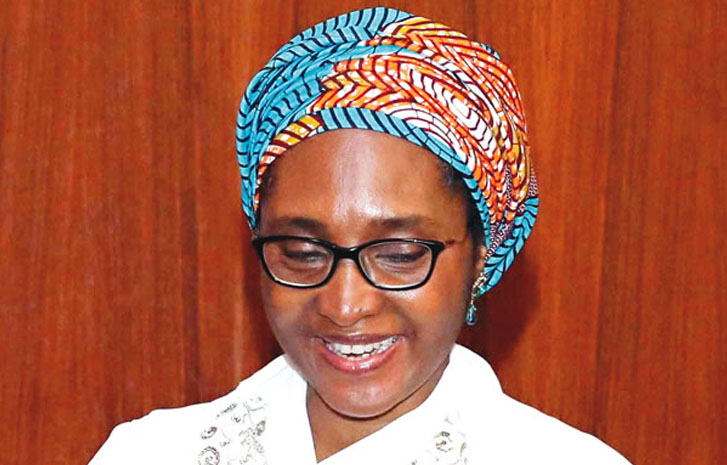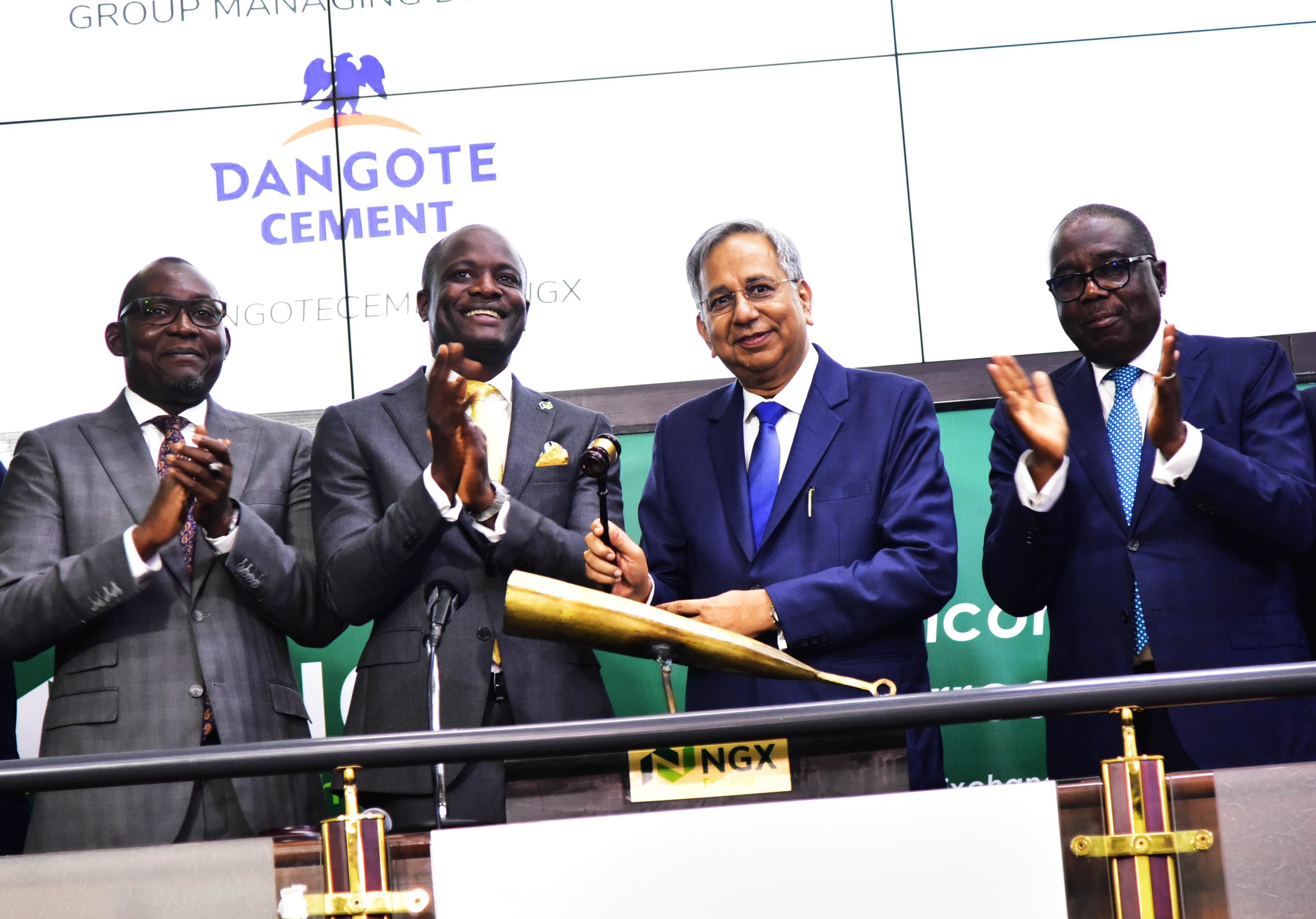There is nothing worrisome about Nigeria’s debt portfolio, Minister of Finance, Budget and National Planning, Zainab Ahmed, says. She said foreign and
There is nothing worrisome about Nigeria’s debt portfolio, Minister of Finance, Budget and National Planning, Zainab Ahmed, says. She said foreign and domestic debt stock notwithstanding, Nigeria does not have a debt crisis.
Nigeria’s domestic and external debt portfolio stood at N25.7 trillion (about $83.88 billion) as at June 30, according to the country’s ‘Total Public Debt Portfolio’ obtained from Debt Management Office (DMO) website. The DMO said the current total debt stock comprises the federal and 36 states and the Federal Capital Territory (FCT).
The minister spoke against growing concerns from some quarters that the country was inching towards debt crisis as servicing the debts might cripple the implementation of projects. Ahmed, however, explained that the issue Nigeria is contending with could rather be termed a revenue generating problem and not a debt crisis. Former Chartered Institute of Bankers of Nigeria (CIBN) President Okechukwu Unegbu also urged Nigerians to stop having sleepless nights over the rising debt stock.
The minister said: “We have heard repeatedly that Nigeria is inching towards a debt crisis and we have consistently said that Nigeria does not have a debt crisis. Our total borrowing rate is just under 50 per cent of our GDP, while the multilateral institutions project for a country to borrow from 50 to 55 per cent of the Gross Domestic Product (GDP). What we have, is a revenue problem. Our revenue performance by half year is 58 per cent. So, we have designed this Strategic Revenue Growth Initiative early this year, which has three thematic areas.”
Ahmed said one of the objectives is to achieve sustainability in revenue generation; and the second is to identify enhanced enforcement alongside existing revenue streams; and the third is to achieve cohesion of our people and tools. She said: “I will like to use this opportunity to call on the Nigerian public to support this administration in solving Nigeria’s revenue generation generation problem. Indeed, some reforms are tough but we have to take some actions. However, we will engage the public in whatever we do in support of the National Assembly including any changes in tax laws, if it is necessary. We also will be holding town hall meetings, various stakeholders’ fora to discuss matters that will affect citizens.”
Unegbu said: “Now that having a deficit budget is becoming a regular phenomenon, it is almost inevitable not to borrow. Having a deficit budget has always been a concern, but using debt to fund ailing infrastructure is one of the best alternatives for us to open up the economy.”


